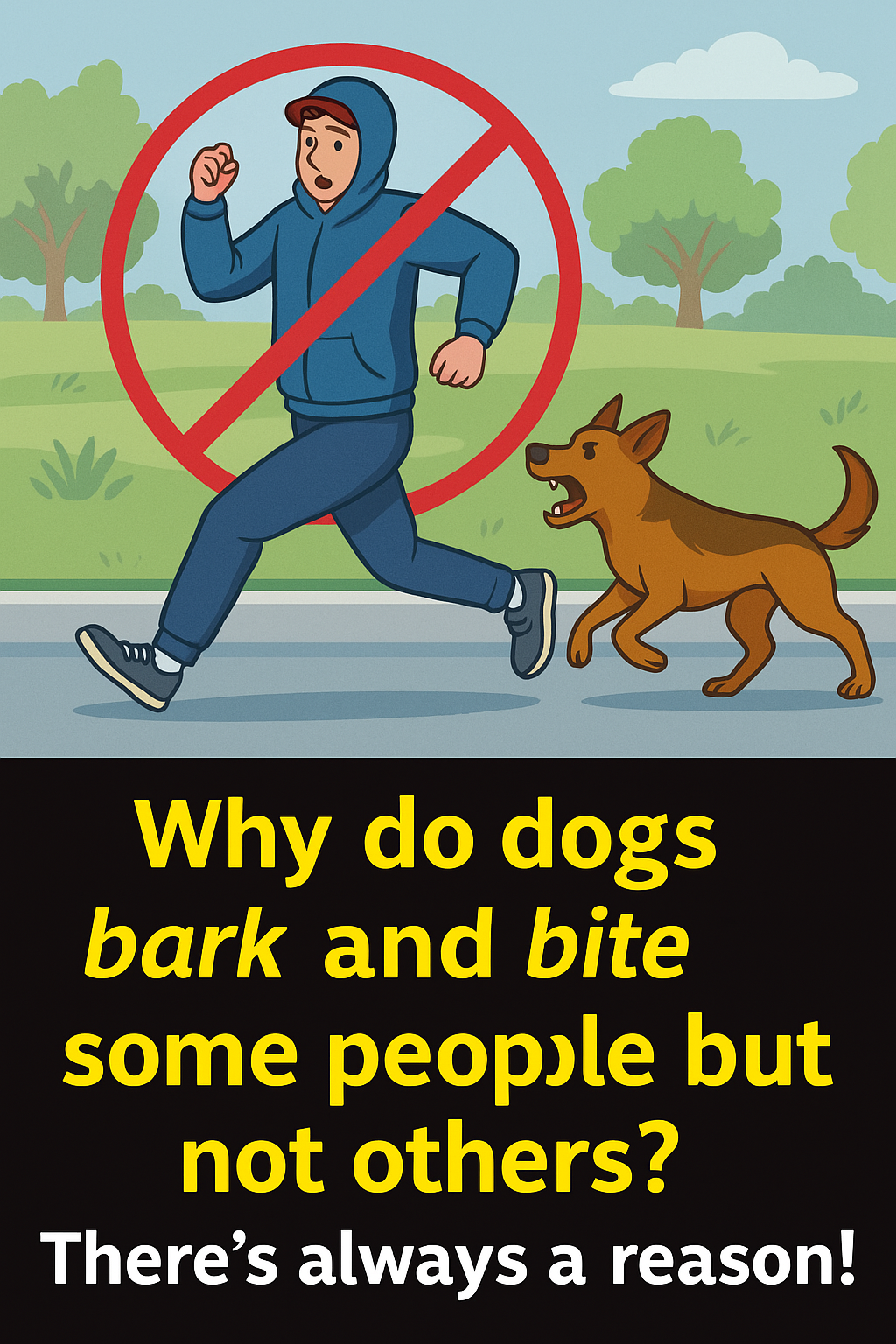Why Do Dogs Bark and Bite Some People But Not Others? There’s Always a Reason!
Why Do Dogs Bark and Bite Some People But Not Others? There’s Always a Reason!
-
Dogs Bark Due to New Experiences A common reason dogs bark is because they are encountering something new. Dogs are naturally cautious animals, and when faced with unfamiliar people, objects, or environments, they may react by barking. For less friendly dogs, meeting strangers may trigger this response due to the new scents, behaviors, or overall unfamiliarity of the situation. For dogs, anything new is often perceived as a potential threat, causing them to vocalize their unease.
-
Certain Traits or Behaviors Can Trigger Barking Interestingly, certain human traits or behaviors can make dogs bark more easily. For instance, when someone wears accessories like a hooded hat or sunglasses, it can obscure the person’s face, which may make the dog feel uneasy or threatened. Similarly, facial hair, tall and muscular physiques, deep voices, and behaviors like pointing fingers or staring directly at a dog can all cause them to react more aggressively. Dogs are also sensitive to certain smells, such as tobacco smoke, and may bark at people who emit these scents. However, they are typically unbothered by common scents like shampoo, perfume, or deodorant.
-
Dogs Bark to Protect Their Owners One of the primary reasons dogs bark, especially around strangers, is due to their natural protective instincts. Dogs are fiercely loyal animals and tend to guard their territory, which often includes their owners. When a dog perceives someone as a potential threat, they may bark or even act aggressively to safeguard their loved ones. This protective nature makes dogs excellent companions for people who value security and companionship.
-
Dogs Can Sense a Person’s Character Dogs are also known for their remarkable ability to sense a person’s character. Studies have suggested that dogs can assess whether a person is trustworthy or not based on their behavior toward their owners. Dogs are keen observers, and they remember how others treat them and their human companions. If they sense negative intentions or a lack of trustworthiness in a person, they may bark or act defensively. Their heightened sense of smell and ability to pick up on subtle body language allows them to judge human behavior with incredible accuracy.
-
Negative Experiences from the Past Some dogs may have negative associations with certain people or situations based on past experiences. If a dog has been mistreated or frightened by a person in the past, they may react defensively to anyone who resembles that person in some way. Whether it’s similar physical traits, behaviors, or even scents, dogs may bark or become aggressive toward people who trigger these unpleasant memories. This is why it’s important for dogs to have positive, safe interactions with people from an early age to avoid developing fear-based reactions.
-
How to Prevent Dog Bites If you’re concerned about being bitten by a dog, there are several ways to minimize the risk. First and foremost, treating a dog with kindness and respect from a young age is essential. Early socialization is key—expose the dog to a variety of people, environments, and experiences to help them become more comfortable with new situations. When dogs are exposed to different scents, sounds, and faces, they are less likely to be startled by unfamiliar experiences as they grow older.
For dog owners, training is also an important step in preventing unwanted barking or aggression. Training your dog to remain calm when strangers come to the door, for example, can reduce the likelihood of them becoming overly excited or aggressive. Positive reinforcement is crucial in these situations; reward your dog with treats or affection when they behave appropriately. This will help them associate calm behavior with positive outcomes.
In addition, understanding a dog’s body language is important when interacting with them. Avoid making sudden movements or direct eye contact with unfamiliar dogs, as these actions may be perceived as threatening. Always approach a dog slowly and allow them to sniff and get familiar with you before attempting to pet them.
In summary, dogs bark and bite for various reasons, from protecting their owners to reacting to new experiences or people. By understanding the underlying causes of these behaviors and fostering positive interactions with dogs from an early age, we can reduce the risk of unwanted encounters and help create a safer, more enjoyable experience for both humans and dogs.
